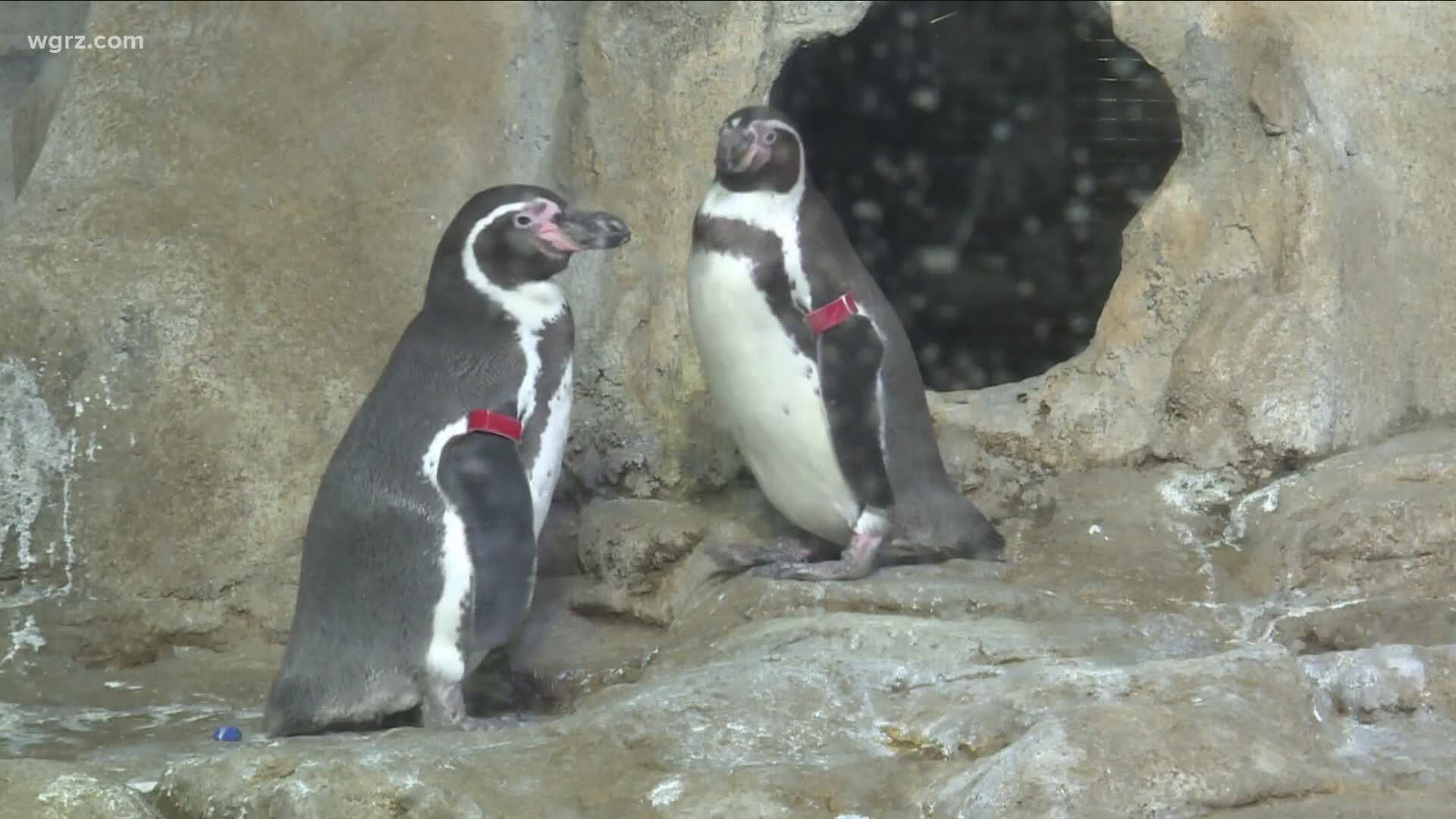NIAGARA FALLS, N.Y. — The Aquarium of Niagara officially reopened to the public on Independence Day, a few days after the Western New York region entered Phase 4 of reopening.
“After more than 100 days of being closed, you can feel the enthusiasm building as we accelerate into reopening,” said Gary Siddall, Executive Director of the Aquarium of Niagara.
The Aquarium will only allow 25 percent of its normal staff and visitor capacity, which is in line with New York State reopening guidelines.
“Our organization has walked through this period of affliction and uncertainty with triumph and resilience, and we are now poised to take on the next chapter of reopening with excitement and optimism,” Siddall added.
If you're planning to visit the Aquarium, they will have a timed ticketing system, and it is encouraged that you buy your pass online before arriving. The Aquarium says as of Saturday it has already sold more than 300 tickets online.
The Aquarium will be limiting the number of walk-up passes available, and those passes will be available for members or people who purchase reduced admission (including reciprocal benefits from other institutions like the Buffalo Zoo, the military discount, coupons, and the Arts Access Pass).
Anyone over 2 years old must wear a mask while visiting and should remain with their household or group. One-way flow of traffic will be instituted and each exhibit will be limited to one group at a time.
Interactive exhibits, shows, presentations and animal encounters will not be offered during the first phase of the Aquarium's reopening.
The Aquarium will be open from 9 a.m. to 9 p.m. during the summer. For more information on the Aquarium's COVID-19 procedures, click here.
The Aquarium also stated in a press release that "preliminary research shows that fish, amphibians, birds, and reptiles are not at risk for contracting COVID-19, and marine mammals, like the Aquarium’s seals and sea lions are at very low risk of contracting the disease. At this time, there is no evidence to suggest that any animals, including pets or livestock, can spread COVID-19 infection to people."

